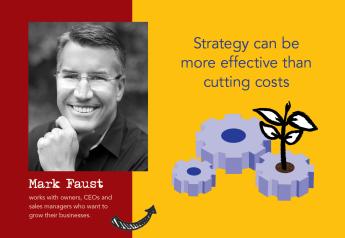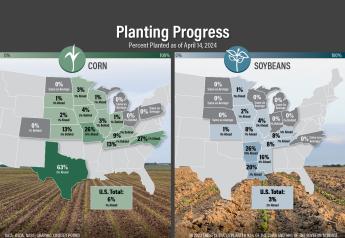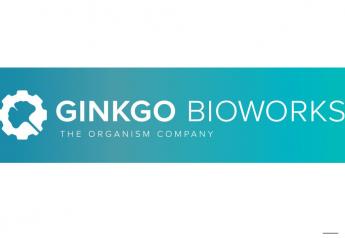Watch for Biological Use to Continue to Grow

Biologicals—whether seed treatment or in-furrow—continue to thrive and gain investment dollars in agriculture. As this technology comes to the forefront farmers need to understand where the industry is now and what to expect in the future.
This week at the American Seed Trade Association annual meeting, the industry’s largest seed-focused gathering, biologicals have a conversation driver for many.
There are two ways biologicals are created: with microorganisms or naturally-occurring substances, according to Mark Howieson, BASF global biological seed solutions research and development team leader, functional crop care, crop protection. Microorganisms include bacteria, fungi and yeast while naturally-occurring substances include plant extracts, humic substances and hydrolyzed proteins and amino acids.
When farmers purchase biologicals they buy one of three types, biostimulants, biofertilizers or biopesticides, Howieson says. Biostimulants impact crop and soil quality as well as the plant’s physiology. Biofertilizers help fixate nitrogen and stabilize phosphate. Biopesticides protect the plant from insects, disease, nematodes or other pests.
“We see biopesticides as the fastest growing opportunity,” says David Winston, seed treatment key account manager at Albaugh LLC. “We offer a combination of chemical and biopesticide treatments now and see this growing.”
Biopesticides do present a bigger challenge to companies than their counterparts, however. There is more regulatory red tape required to bring those products to market.
“There is a plethora of opportunity for smaller, more nimble companies,” says Will Polese, Director at MarketsandMarkets, a market research firm. “However, they often need to reach out to larger players to balance the costs that come with testing.”
Before a farmer buys a product it’s critical they can see their likelihood of a positive ROI, that’s where thorough, albeit expensive, field testing comes in. This is where strategic collaboration with companies that have deeper pockets is important.
Companies producing biologicals are making sure the products are easier to use than the first products that came to market years ago. This means the products can be mixed with synthetic chemicals and often have longer shelf life—all making it is smoother, more pleasant experience for farmers.







